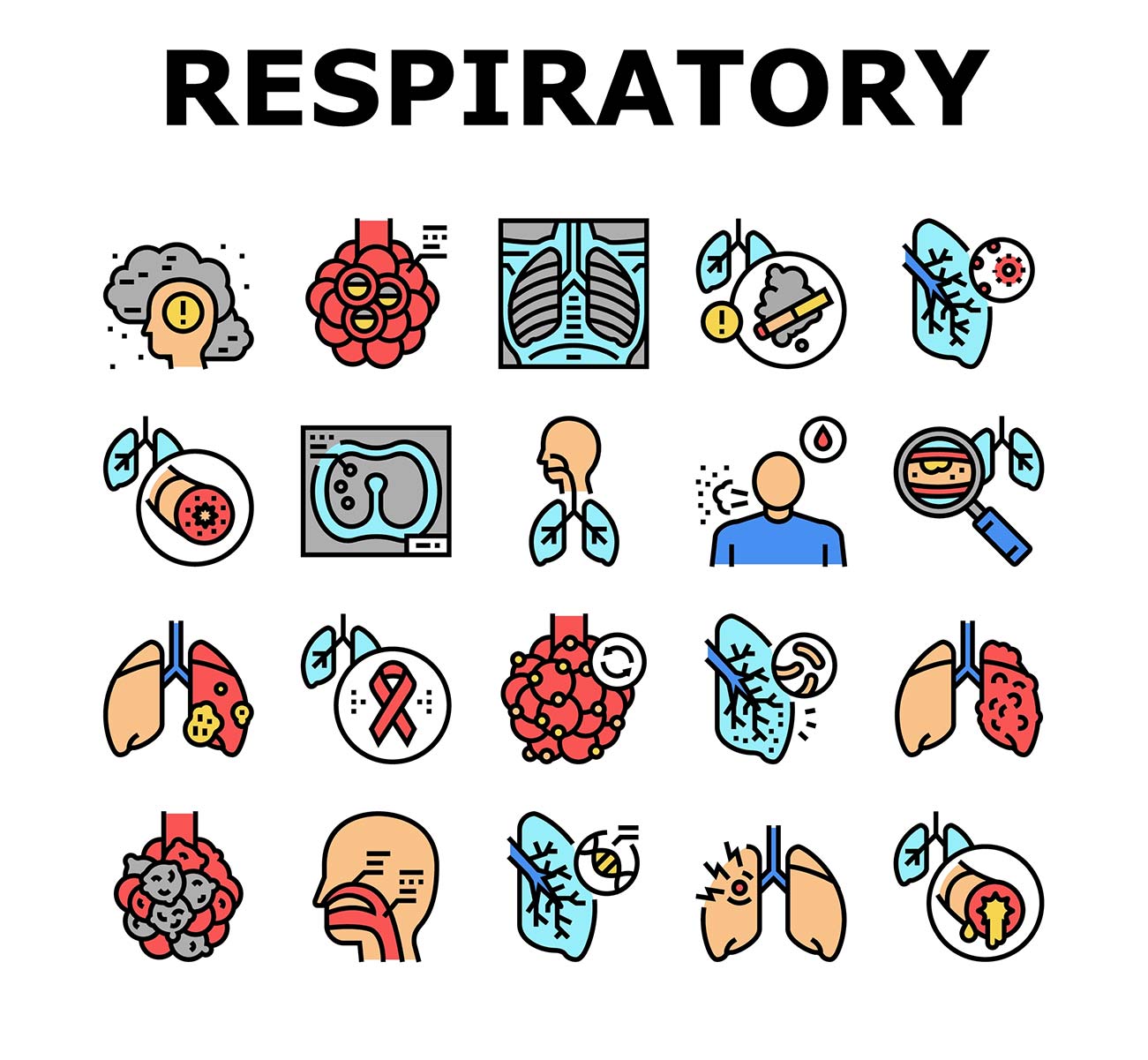COVID-19 is a very contagious illness caused by the SARS-CoV-2 virus. People with mild to chronic asthma who contact COVID-19 may be at a higher risk of suffering severe symptoms because the virus predominantly affects the respiratory system. People with this condition might be worried about how COVID-19 will negatively disturb them. Managing the condition and upholding constant disease prevention habits are the best ways to lower the chances of developing a chronic ailment from COVID-19.
The chronic pulmonary disease called asthma damages the airways and results in inflammation. Spasms and narrowing of the airways caused by this inflammation lead to wheezing, shortness of breath and coughing. Generally, when we get infected with a respiratory virus, the infection triggers our immune response. In asthmatic patients, this can result in an overproduction of chemicals, which only tends to exacerbate inflammation. COVID-19 is a little distinct. It causes inflammation in the lung tissue instead of the typical bronchial inflammation that characterizes asthma. COVID-19 and other respiratory infections can aggravate and intensify asthma symptoms. People with mild to chronic asthma can suffer from pneumonia as a result of this.
The complex and severe non-communicable disease known as asthma, is caused by a fusion of genetic, environmental, and occupational variables. It is distinct by inflammation and blockage of oxygen-carrying airways. Highly sensitive to environmental stimuli, inflamed airways produce more mucus making it harder for air to reach the lungs. When the airway reacts to these stimuli, a person may have an asthma flare-up or asthma attack, consisting of persistent coughing, wheezing, difficult breathing, and increased heart rate.
Although several genetic factors influence asthma vulnerability and chronicity, this condition is more common in children and youths, leaving this group at higher risk. Asthma is in four groups or phases based on its chronicity: mild intermittent, mild persistent, moderate persistent, and severe persistent. Gradual decline in respiratory rate and pulmonary efficiency is notable in these groups. Typically, the SARS-CoV-2 virus spreads to vulnerable individuals through nasal fluids, sneezes, coughs, or salivary droplets from an infected person. The virus primarily affects our respiratory system but occasionally affects other organs, leading to various organ failures.
Everyone is vulnerable to the virus, but those with already existing lung conditions like asthma, chronic obstructive pulmonary disease, and other chronic conditions such as; diabetes, hypertension, cancer, rheumatic diseases, and cardiovascular disorders are more vulnerable to the severity and morbidity of the virus. Chronic conditions related to ageing and immunosenescence in the COVID-19-infected older population have also caused significant worry. This is because these factors do not only increase susceptibility to the disease but also decrease the effectiveness of vaccinations.
To prevent misconceptions and guarantee accurate diagnosis, we must understand the various clinical characteristics of COVID-19 and asthma. Patients with COVID-19 and asthma have symptoms like coughing, exhaustion, and breathing difficulty, making diagnosing and treating both conditions relatively challenging. Diarrhea, myalgia, loss of taste or smell, headache, and extended fever, are the defining characteristics of COVID-19, which asthma does not possess. Contrarily, an asthmatic patient may wheeze which is not visible in COVID-19.
Symptoms to look out for are;
COVID-19 is instantly transmitted from one person to another by coming into touch with respiratory droplets that are contaminated. Additionally, a person can spread the virus even before experiencing any symptoms. Others can be completely asymptomatic while still transmitting the covid-19. Fever, breathing difficulties, coughing, sore throat, muscle pain, headaches, chills, and loss of taste or smell are just a few signs that may appear. People who have asthma should watch out for the additional symptoms listed below:
- Worsened wheezing or chest tightness
- Breathlessness
- Coughing at night or early in the morning
- More frequent use of a rescue inhaler
Asthma is not a significant risk factor for COVID-19 infection. However, uncontrolled asthma can lead to severe issues in asthmatics who contract COVID-19. This is because of the impact of coronavirus on the upper and lower respiratory systems, including the nose, mouth, throat, and lungs. The virus can cause asthma attacks, pneumonia, and other acute respiratory conditions. Asthmatics must continue to take their medications as usual during outbreaks and pandemics. Controlling asthma symptoms is one of the most effective ways persons with asthma can protect themselves. Asthmatics who have COVID-19 symptoms should see or contact their doctor immediately.







